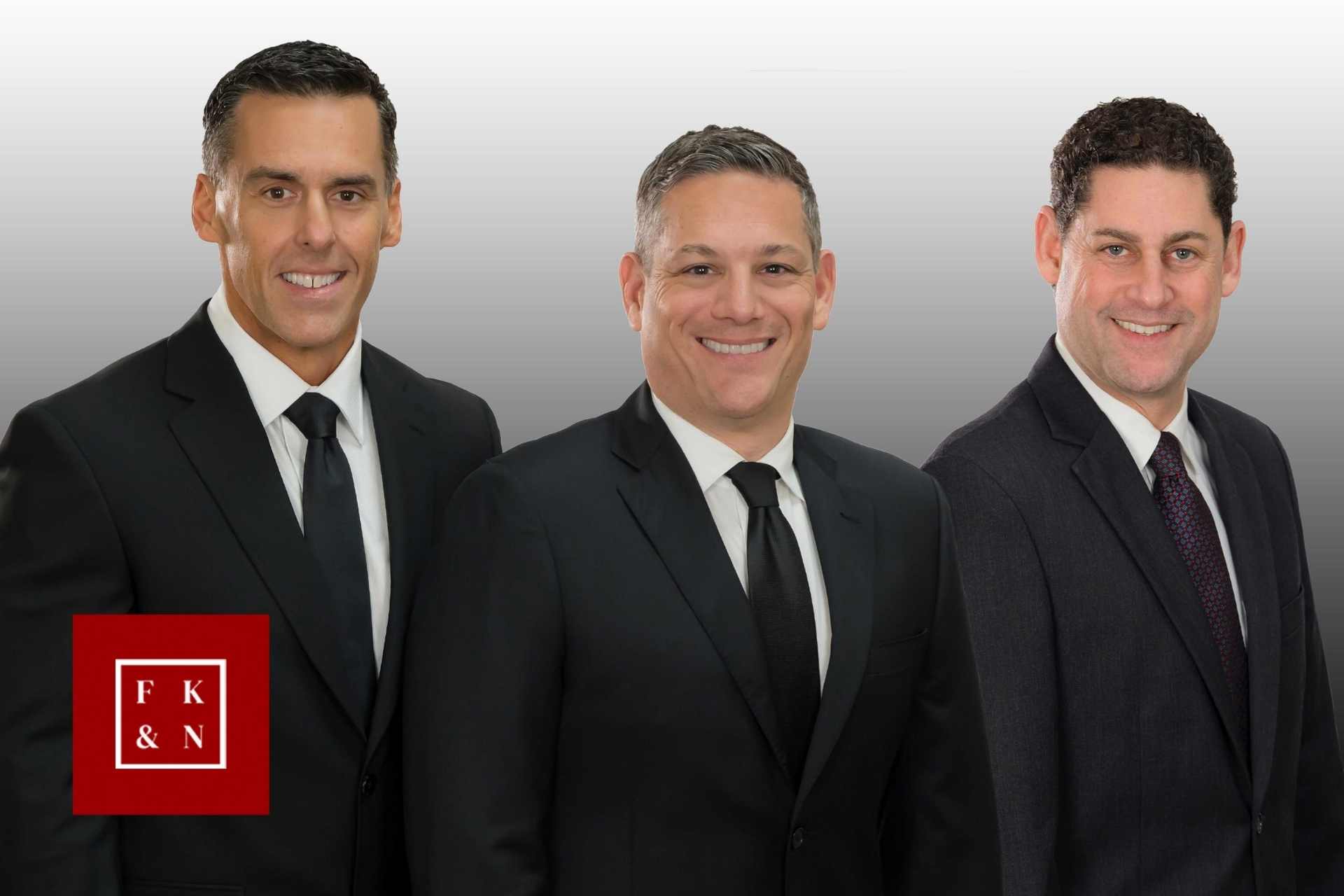If you have been hurt on the job, you may be entitled to receive workers’ compensation. Workers’ compensation is a convenient benefit that covers employees while they are recovering from injuries that they received on the job. The U.S. Department of Labor reports thousands of workers’ compensation cases per year, so you don’t have to feel alone if you are suffering right now. One question that may arise in a situation like this is the concept of fault. For example, you may feel that you are at fault for the incident, and you may wonder if that means you are ineligible for workers’ compensation. Here’s the full answer:
Fault in Workers’ Compensation Cases
Workers’ compensation is not a benefit that considers who was at fault for causing an employee’s injury. The prerequisite for workers’ comp benefits is only that you have been hurt on the job. It makes no difference whether the incident was partially your fault or entirely your fault. You will be entitled to receive benefits in most cases. The only cases that may not go in your favor are cases in which you may have been intoxicated or otherwise acting against company policy.
What Workers’ Compensation Covers
Workers’ compensation is in some ways like a paycheck. You still receive money even though you can’t work because of your injuries. Workers’ comp will give you a percentage of the wages that you used to earn, and it will provide you with payments for your medical bills that pertain to the work injury. The work pay supplement will cease when you go back to work.
Personal Injury Cases
Personal injury cases differ from workers’ compensation because they do involve fault. People who are partially at fault in personal injury cases can still collect money for their trouble because of tort laws. In many states, an individual can be up to 50 percent at fault and still collect money from the settlement.
Your case could very well qualify for personal injury if your employer acted in a way that was neglectful. An example of neglectful behavior from an employer is a situation where they knew something was wrong, but they did nothing to fix it. A broken meat slicing machine is just an example. If the employer fails to address the problems with the meat grinder machine, it could end up hurting someone. The court may view the employer as being neglectful for not fixing the issues before it hurt someone. If your employer acted negligently you might want to speak with a personal injury lawyer. After reviewing your case he or she can provide guidance about whether you might be best served by pursuing a personal injury suit or worker’s compensation. Cases that involve neglect can have payoffs that are far greater than your worker’s compensation benefits.
How Attorneys Can Assist You
Workers’ comp attorneys can assist you in a number of ways, but the most common is that they can try to negotiate with the issuing party and get them to overturn their decision about denying you benefits. If you have a personal injury case, your attorney will usually try to settle out of court so that you don’t have to go for months or years with no income. if the out of court settlement doesn’t work, the attorney can recommend whether or not a lawsuit is worth pursuing.
Schedule an Appointment
You can schedule an appointment with a workers’ compensation attorney such as the Workers’ Compensation Lawyers NY locals trust to find out more about your legal options. Your initial consultation will reveal whether or not you have a viable case that you have a chance to win. The right attorneys may even offer you contingency representation so that you won’t have to pay legal costs while you wait for your case to conclude.

